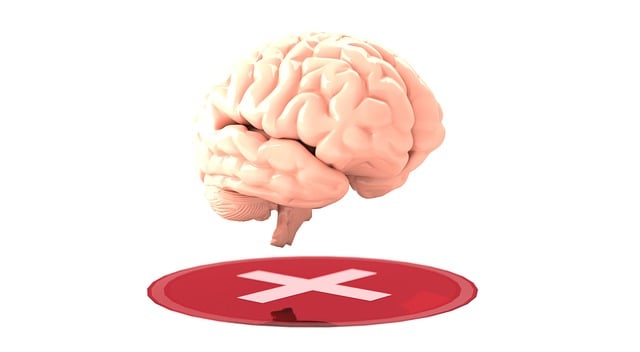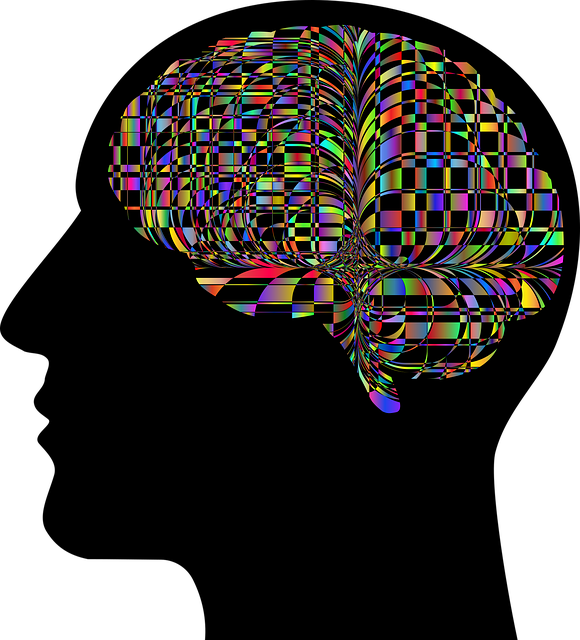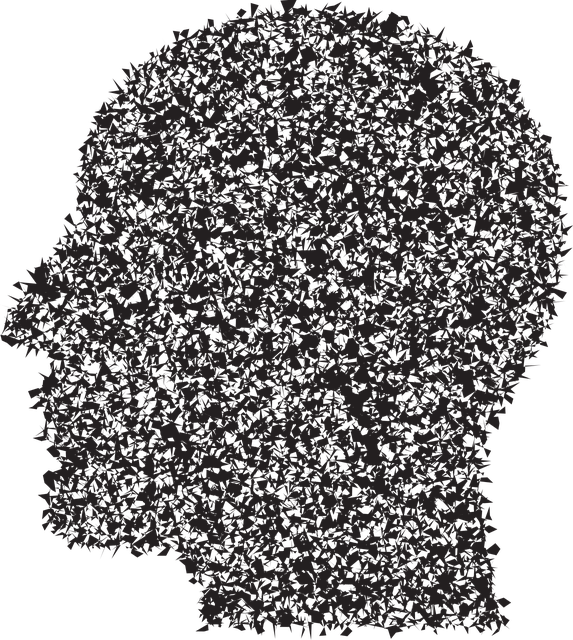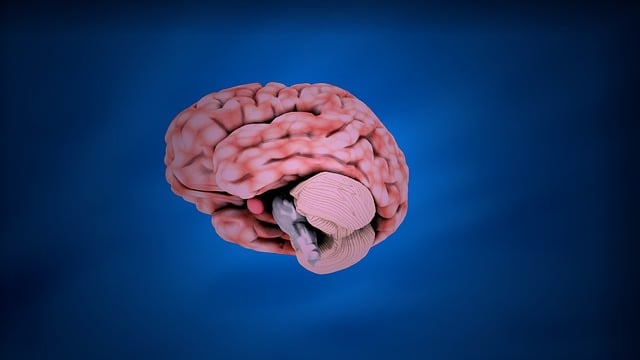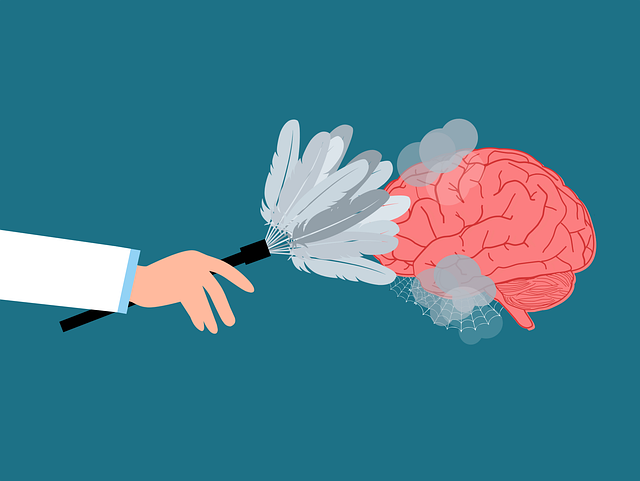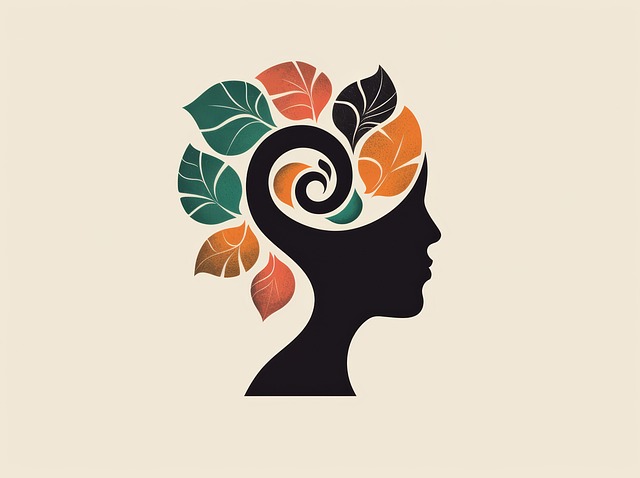Misdiagnosis of mental illness in young minds is a pressing issue, driven by complex biological, psychological, and social factors. Accurate diagnosis is vital to avoid inappropriate therapies like unnecessary medication. Mental health professionals should employ risk management planning, evidence-based practices, and comprehensive evaluations tailored to each individual. Incorporating social skills training, emotional regulation strategies, and family dynamics analysis enhances diagnostic accuracy. Early intervention programs, targeted therapy, mental health policy advocacy, and inner strength development improve diagnosis clarity and foster resilience in young people. Specialized interventions focused on therapy for young children, adolescents, and teens recognize their unique cognitive and emotional needs, empowering them to manage stress. Effective communication, compassion cultivation, and stress reduction methods encourage open sharing, leading to more precise diagnoses and tailored treatment plans. Advances in neuroscience and mental health awareness have significantly improved diagnosis tools, with specialized therapy enhancing evaluation skills and fostering better treatment outcomes for young individuals struggling with mental illness.
Mental illness diagnosis accuracy is a critical area of focus, especially in young minds. This article explores efforts to improve diagnostic practices for adolescents and teens, delving into key strategies such as early intervention, tailored therapeutic approaches, family involvement, and continuous professional development. By understanding the challenges of misdiagnosis in this demographic, we can enhance support systems and ensure more accurate assessments, leading to effective therapy for young children, adolescents, and teens.
- Understanding the Challenges: Misdiagnosis in Young Minds
- Early Intervention: A Cornerstone for Accurate Diagnoses
- Therapeutic Approaches Tailored to Youth
- Incorporating Family Dynamics and Support Systems
- Continuous Training and Research: The Future of Diagnosis
Understanding the Challenges: Misdiagnosis in Young Minds

Misdiagnosis of mental illness in young minds presents a significant challenge in the field of child and adolescent psychiatry. This is partly due to the complex interplay between biological, psychological, and social factors that contribute to emotional and behavioral issues during these formative years. Symptoms of mental health disorders can often overlap, making it difficult for healthcare professionals to distinguish specific conditions without thorough assessment and specialized knowledge.
The impact of an incorrect diagnosis in young individuals can be profound. Inaccurate labeling may lead to inappropriate therapy for young children, adolescents, and teens, such as unnecessary medication or ineffective counseling approaches. This can result in a lack of progress in treatment and, worse, potential harm if symptoms are left unaddressed or mismanaged. Therefore, prioritizing accurate diagnosis is crucial, necessitating risk management planning for mental health professionals to ensure evidence-based practices and comprehensive evaluations tailored to each unique young mind. Incorporating social skills training and emotional regulation strategies into therapy can also enhance diagnostic accuracy by providing insights into an individual’s interpersonal dynamics and emotional responses.
Early Intervention: A Cornerstone for Accurate Diagnoses

Early intervention plays a pivotal role in enhancing the accuracy of mental illness diagnoses, especially for young children, adolescents, and teens. By implementing targeted therapy programs tailored to this age group, healthcare professionals can better understand the nuanced symptoms and behavioral patterns unique to each developmental stage. This proactive approach not only improves diagnostic clarity but also paves the way for more effective treatment planning.
Integrating mental health policy analysis and advocacy into early intervention strategies is essential. Through conflict resolution techniques that foster open communication, families and caregivers can be empowered to play an active role in identifying warning signs and seeking appropriate support. Additionally, inner strength development programs teach young individuals coping mechanisms and resilience, enabling them to navigate mental health challenges with greater confidence. These integrated efforts collectively contribute to a more accurate diagnosis and improved overall well-being for this vulnerable population.
Therapeutic Approaches Tailored to Youth

Mental health professionals are increasingly recognizing the importance of tailored therapeutic approaches for young individuals facing mental illness challenges. Given the unique cognitive and emotional development of youth, traditional adult-focused treatments may not be as effective. Thus, there is a growing emphasis on developing age-specific interventions that cater to the specific needs of therapy for young children, adolescents, and teens.
These tailored therapies often prioritize building self-esteem improvement and inner strength development strategies, focusing on empowering young people to cope with stress management techniques. By acknowledging the distinct experiences and perspectives of this demographic, these specialized treatments aim to enhance diagnostic accuracy while providing more meaningful support for mental well-being in this vital population.
Incorporating Family Dynamics and Support Systems

Incorporating family dynamics and support systems into mental health care is a crucial step toward improving diagnosis accuracy, especially when targeting therapy for young children, adolescents, and teens. Family environments play a significant role in an individual’s psychological well-being, and understanding these relationships can provide valuable insights during the diagnostic process. By involving parents, caregivers, or close relatives, healthcare professionals gain access to firsthand information about the individual’s behavior, emotions, and interactions within their support network. This collaborative approach allows for a more holistic assessment, ensuring that symptoms are accurately attributed and treated effectively.
Effective communication strategies, compassion cultivation practices, and stress reduction methods within these family systems can significantly enhance diagnosis accuracy. When family members are equipped with tools to communicate openly about mental health concerns, they become active participants in their loved one’s care. This involvement fosters an environment of trust and understanding, encouraging individuals to share personal experiences and symptoms honestly. As a result, therapists gain deeper insights into the patient’s life, enabling more precise diagnoses and tailored treatment plans for therapy for young children, adolescents, and teens.
Continuous Training and Research: The Future of Diagnosis

Mental illness diagnosis accuracy has long been a topic of concern, but continuous training and research are paving the way for more precise identification, especially in the cases of young children, adolescents, and teens. With advancements in neuroscience and an increased focus on mental health awareness, professionals are better equipped to recognize complex symptoms that may have previously gone unnoticed or misdiagnosed. This includes not only depression prevention but also the early detection of other common disorders among this age group.
Through ongoing training programs, therapists and healthcare providers can enhance their skills in evaluating emotional and behavioral signs, improving diagnostic tools, and tailoring therapy for young individuals. By fostering inner strength development, these efforts aim to support mental well-being and ensure that those struggling receive the appropriate care from an early age. Such proactive measures not only improve diagnosis accuracy but also contribute to more effective treatment outcomes.
Mental illness diagnosis in young minds has come a long way, but challenges remain. By understanding the nuances of misdiagnosis, implementing early intervention strategies, and adopting therapeutic approaches tailored to youth, we can significantly enhance accuracy. Incorporating family dynamics and support systems is crucial for holistic care. Continuous training and research are the key drivers for improvement, ensuring that therapy for young children, adolescents, and teens remains effective and responsive to their unique needs. These efforts collectively pave the way for a brighter future in mental health diagnosis and treatment.

